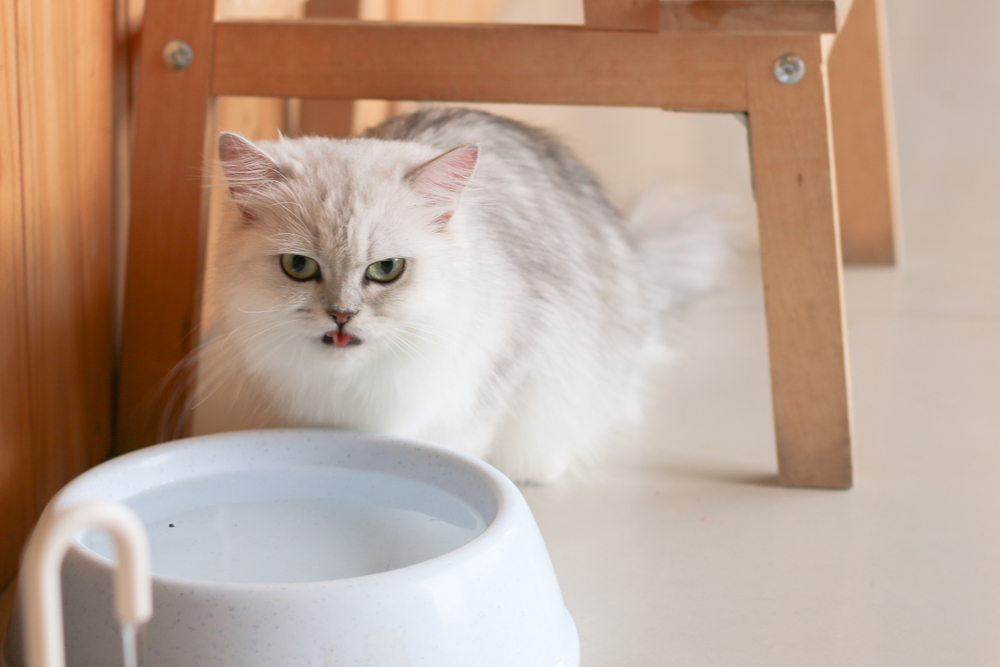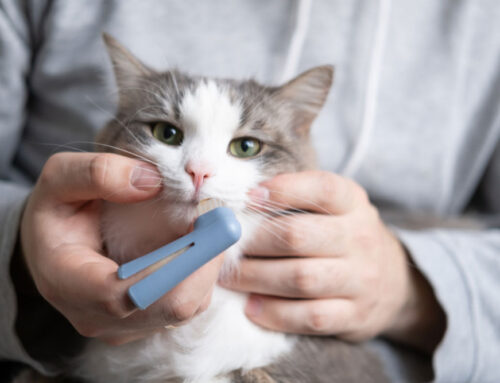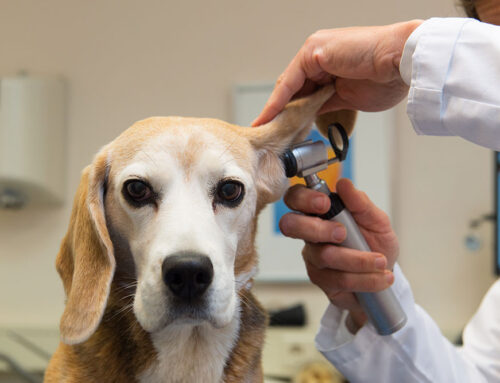We’re in the thick of the dog days of summer, and it’s the perfect time to bust some popular heat-safety myths that may put your pet in danger.
Myth #1: Pets only overheat in cars on really hot days
Truth: Heat increases quickly in enclosed spaces like your car, even when the external temperature is moderate. On a sunny, 70-degree day, the temperature inside a car can climb to 104 degrees in only 30 minutes. After an hour, that temperature can reach 113 degrees, which can lead to heatstroke and death in pets and children.
Myth #2: Cracking the car windows prevents heatstroke
Truth: Cracking the car windows does little to cool the inside of a car. Try sitting in your car with the windows cracked—you’ll find that it heats up just as quickly as when the windows are closed.
Myth #3: It’s OK to leave my pet in the car on a hot day if I leave the air conditioner on, or if I am running quickly into a store
Truth: Yes, your dog will be more comfortable with your car’s air conditioner running, but accidents happen. Cars die, air conditioners stop working, and excited dogs inadvertently knock the temperature controls, and the car becomes a death trap in minutes. Yes, your dog will likely be fine if you are in the store for 60 seconds, but what if you run into an acquaintance and lose track of time chatting, or you have to wait for a cashier?
Myth #4: Hot surfaces won’t hurt my dog’s feet
Truth: Dogs commonly burn their paw pads, especially in late spring and early summer. Dogs who have been hibernating indoors all winter lose some of the thick calluses on their paw pads, which makes them susceptible to injury from hot surfaces when warmer weather hits and they spend time outdoors. With time, your dog’s paw pads will toughen up again, but in the meantime, check surface temperatures before heading out for a walk. If the road or sidewalk is too hot for your bare feet, it’s also too hot for your dog.
Myth #5: Dogs who are good swimmers can have free access to pools and lakes to keep cool
Truth: Swimming is an excellent way to cool off on a hot day, but even the best swimmers—both two- and four-legged—need to take care. Your dog may love to swim, but accidents happen, and you should never let your pet swim unattended. Drowning isn’t the only risk—if your pet has had a near drowning incident, monitor her closely, because she’ll be at risk for pulmonary edema (i.e., fluid in the lungs). It is best that all pets who have had a near-drowning episode be checked by a veterinarian, but if you see labored breathing in your pet, you should call us right away.
Myth #6: Only pets left in hot cars get heatstroke
Truth: Heatstroke can just as easily happen in your backyard. If your dog or cat spends a lot of time outdoors, ensure she always has plenty of fresh, cool water and adequate shade. Brachycephalic, or short-muzzled, breeds such as pugs and bulldogs are at an increased risk of heatstroke due to their anatomic conformation and are best kept indoors on hot days. Pets who are advanced in age or overweight also are at increased risk of heatstroke.

Myth #7: Parties are more fun with dogs
Truth: OK, parties are more fun with dogs—in fact, we tend to think everything is better with a dog (or two) at our side. But, if your summer party involves grilling, snacks, and alcohol, keep your dog in her crate during the festivities. Grilled meats are tempting for dogs, but ingesting too many hamburgers and hot dogs can lead to gastrointestinal problems. Vomiting and diarrhea are common when dogs overindulge, and fatty meals can lead to life-threatening pancreatitis.
Other party foods and drinks that can be toxic to dogs, include:
- Grapes and raisins
- Alcohol
- Macadamia nuts
- Dark chocolate
- Xylitol, a common sweetener in sugar-free foods
Ensure your guests know not to feed your dog any human food, and keep trash cans covered. In addition, ensure discarded food items like peach pits and corn cobs are discarded properly, because, once ingested, they can get lodged in your pet’s intestines and the obstruction can be life-threatening.
Your pets are important to us—they’re part of your family, and we want summer to be a fun and safe season. We hope we’ve cleared up some of the misconceptions about heatstroke and heat safety, but call or text us if you still have questions, or need to schedule an appointment.








Leave A Comment